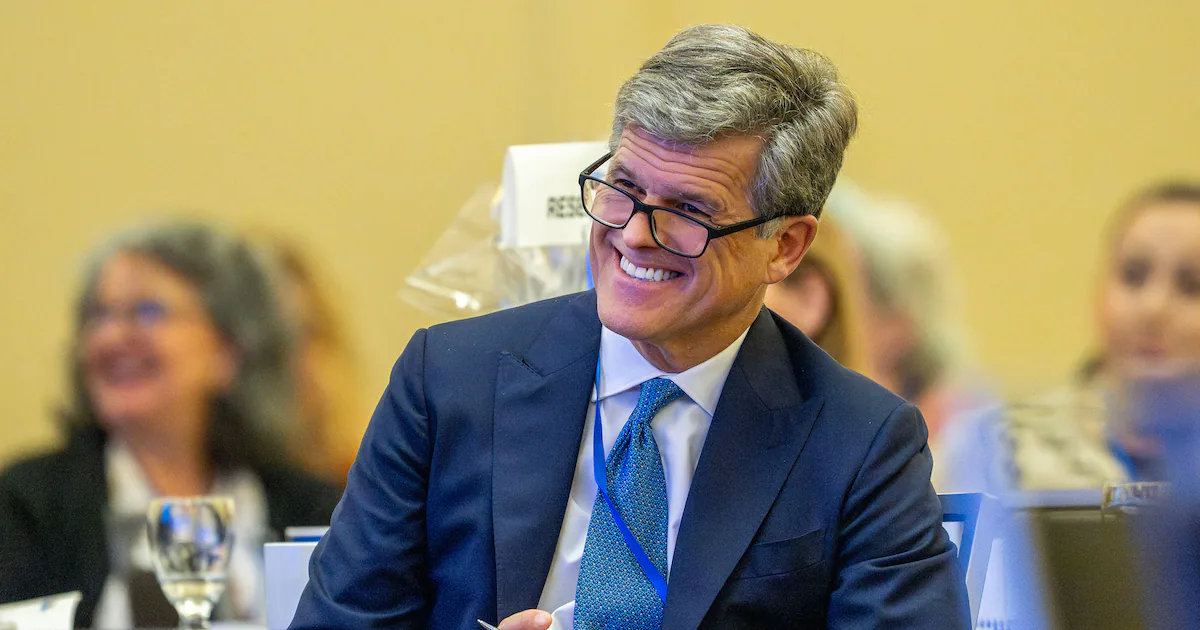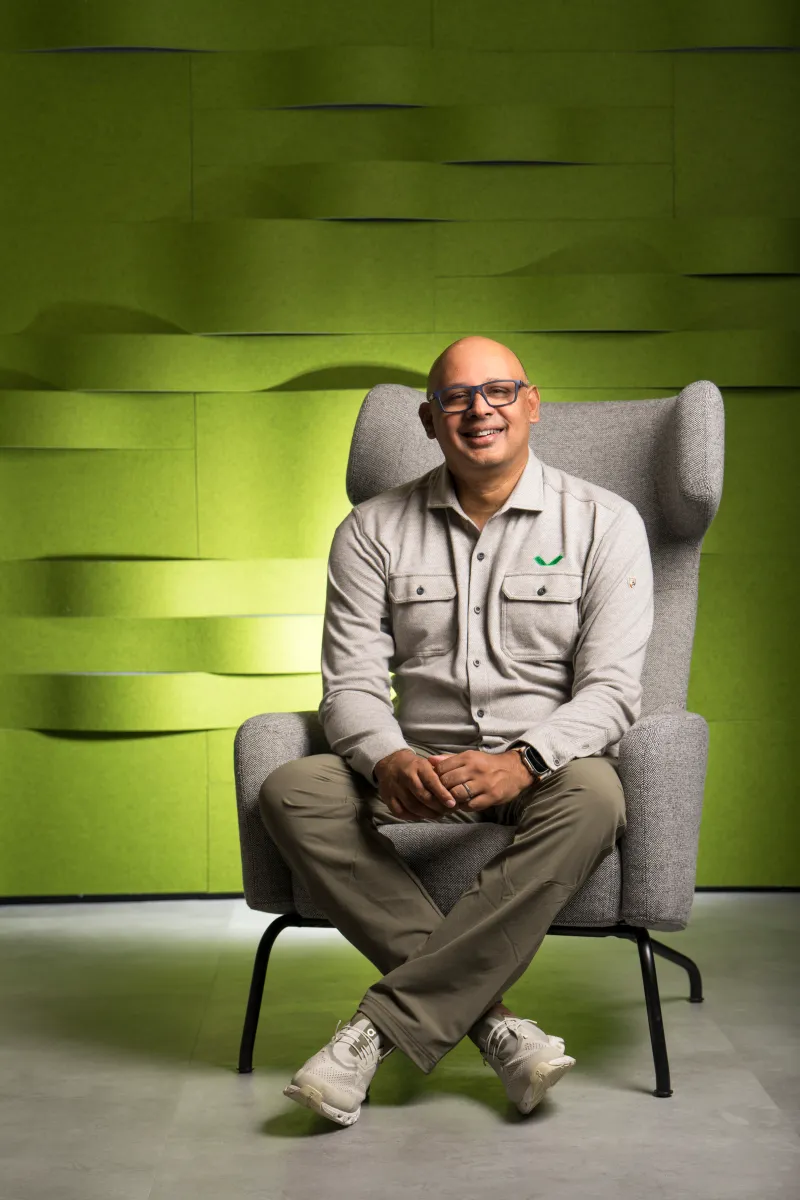Copyright Salt Lake City Deseret News

Hundreds gathered in Salt Lake City following a weekend of protests to amplify a different kind of national movement, one seeking to combat contempt by recognizing human dignity in political discourse. The Dignity Index held its first leadership summit on Monday with the goal of organizing against trends that have recently made Utah, members of The Church of Jesus Christ of Latter-day Saints, and others the target of brutality. “We’re not at risk of devolving into violence — we are in a state of violence,” Dignity Index co-creator Tim Shriver told the Deseret News. “The normalization of political violence has become far, far, far too acceptable in our country.” One part of the solution, according to Shriver, is to praise speech that extends “dignity” to those with different viewpoints, and to shun communication that promotes outrage toward groups of Americans. However, some conservatives have criticized Dignity Index as a form of “diversity, equity and inclusion” under another name, claiming the organization wants to measure political correctness to censor opinions on the right. During Monday’s presentations, Dignity Index founders tried to convince attendees their program aims to transcend political divisions not stifle debate. Why is Dignity Index in Utah? Dignity Index is a project of UNITE, one of several peacemaking nonprofits to call the Beehive State home. Other Utah-based contemporaries include Disagree Better, Braver Angels and Living Room Conversations. Unlike other efforts to improve cross-partisan conversations, Dignity Index ranks political rhetoric on an 8-point scale to identify language that dehumanizes and to highlight attempts to dignify those with opposing views. The organization partnered with the University of Utah on a pilot project in 2022 to grade campaign messaging with the help of students. Dignity Index hopes to expand this partnership through trainings, surveys and research. Utah has been a natural place to headquarter these initiatives, Shriver said, because leaders of the church — particularly President Dallin H. Oaks and the late President Russell M. Nelson — have taught a civic theology of “love your neighbor.” The state has also been uniquely impacted by political polarization. On Sept. 10, conservative organizer Charlie Kirk was assassinated, allegedly by a politically radicalized shooter in front of thousands at Utah Valley University. On Sept. 28, a Latter-day Saint meetinghouse in Michigan was set ablaze by an embittered gunman who shot 12 attendees, killing four and terrorizing a religious community that has been the subject of violent discrimination since its founding in 1830. This was the context for Monday’s meeting, just blocks away from Temple Square in downtown Salt Lake City. But there is no place better prepared to respond to these tragedies, according to Natalie Gochnour, the director of the University of Utah’s Kem C. Gardner Policy Institute and a Dignity Index adviser. “The key is our networks of trust,” Gochnour told the Deseret News. “Social capital is the quality of being able to connect and resolve differences, solve problems, prevent problems, and that’s what makes us truly unique and special in the state.” What makes conservatives skeptical? Of the 300 at the Dignity Index Leadership Summit, roughly 100 were from outside Utah, representing 25 states, according to event organizers. The group in attendance, Shriver acknowledged, was “probably more progressive.” One conservative in attendance, Jamie Renda, appreciated the focus on self-reflection to root out hateful feelings, but worried about the desire to incorporate Dignity Index curricula in K-12 settings. “I don’t want it to be where you’re capitulating your values just to be nice,” Renda told the Deseret News. “You can’t use it to limit free speech and truly engaging in the hard conversations that we have to have to solve the problems.” Renda, the founder of conservative nonprofit Path Forward, said she fears that creating an automatic digital index of political speech could lead to censorship that penalizes strong conservative beliefs. By going beyond classical liberal principles of tolerance, and encouraging the affirmation of other viewpoints, the Dignity Index strays into the arena of “social justice,” according to James Lindsay, a well-known “anti-woke” activist. “It’s designed to trick and pressure people into thinking that going ‘woke’ is an improvement on real American values,” Lindsay said in a statement to the Deseret News. In an interview with the Deseret News, Shriver said this characterization of the Dignity Index could not be further from the truth. The organization does not ask anyone to moderate their political stances, he said. The sole focus of the organization, Shriver said, is to show that political rhetoric that disregards the dignity of partisan enemies leads to political violence, backfires by persuading no one and results in self-censorship. “The biggest threat to free speech in the country right now is the culture of outrage and contempt,” Shriver said. “I’m the opposite of the speech police. We’re the opposite of cancel culture.” A 2020 Cato Institute poll found that 62% of Americans say they self-censor political views because they are afraid to share. This finding was confirmed by Populace Insights’ 2024 Social Pressure Index and by University of Michigan researchers in a 2023 study. By using the Dignity Index as “a mirror,” Shriver hopes people can create environments where even those with fundamentally opposed convictions can participate in more political speech. The best thing one can do to heal a society that rewards contempt is not to condemn offensive comments, Shriver said. It is to skip over inflammatory social media influencers who profit from the attention. “The average American is funding the culture of outrage and hatred: stop,” Shriver said. “I hate to disappoint conservatives, but it’s not just liberals who are full of hate. And I hate to disappoint liberals, because it’s not just conservatives, you’re full of hate too. We all are.” ‘That’s where we can unify’ Maury Giles, the CEO of Braver Angels — considered the largest depolarization initiative in the U.S. — said he understands why some conservatives feel alienated by any attempt to categorize speech as acceptable. Giles told the Deseret News he hopes Dignity Index can continue to focus on elevating the dialogue so people can understand each other, and avoid it ever being used as a tool to attack supporters of President Donald Trump. On Monday, Giles announced that Braver Angels would partner with the Dignity Index to connect all 124 Braver Angels alliances with the resource and by encouraging Dignity Index training among its members across the country. As the faculty member overseeing Dignity Index’s application at the University of Utah, Jesse Graham, said he noticed how the index actually pointed to the same problems on both sides of the aisle. Graham is a business ethics professor studying the moral beliefs undergirding conflict. He told the Deseret News that social media has exacerbated the “dark side of belonging” by incentivizing disgust of others to fit into a political tribe. The Leadership Summit featured discussions on introducing dignity into the workplace, classroom and campaign ads. Awards were presented to Kem Gardner, Chi Kim and Illinois members of the American Association of University Women. The keynote speaker was Donna Hicks, the author of “Dignity: Its Essential Role in Resolving Conflict” and a conflict resolution expert with experience in the Middle East, Libya, Syria and Northern Ireland. She told attendees that the work of dignity requires more than finding common ground. It is to find higher ground by treating conversations as “sacred spaces,” and connecting with others at a deep level despite differences. But in an interview with the Deseret News, Hicks said that a dignity movement requires more than personal commitments to view others with dignity. It requires leaders who embody those principles in their actions. “This is why we’re doing what we’re doing here,” Hicks said. “To try to get leaders to understand, you’ve got to work with your people, to tell them, we may disagree fundamentally on other beliefs, but when it comes to human life, human dignity, that’s where we can unify.”



